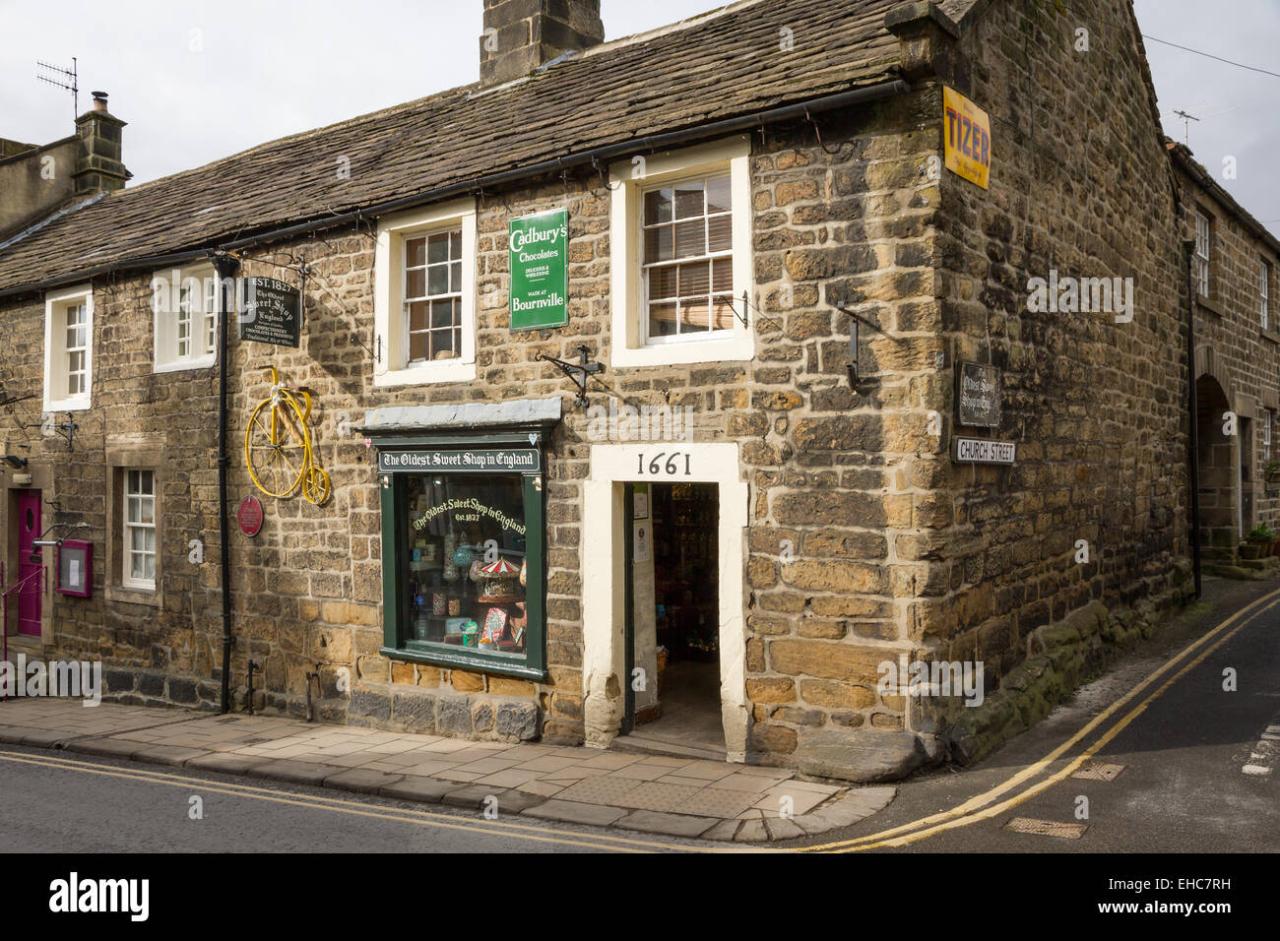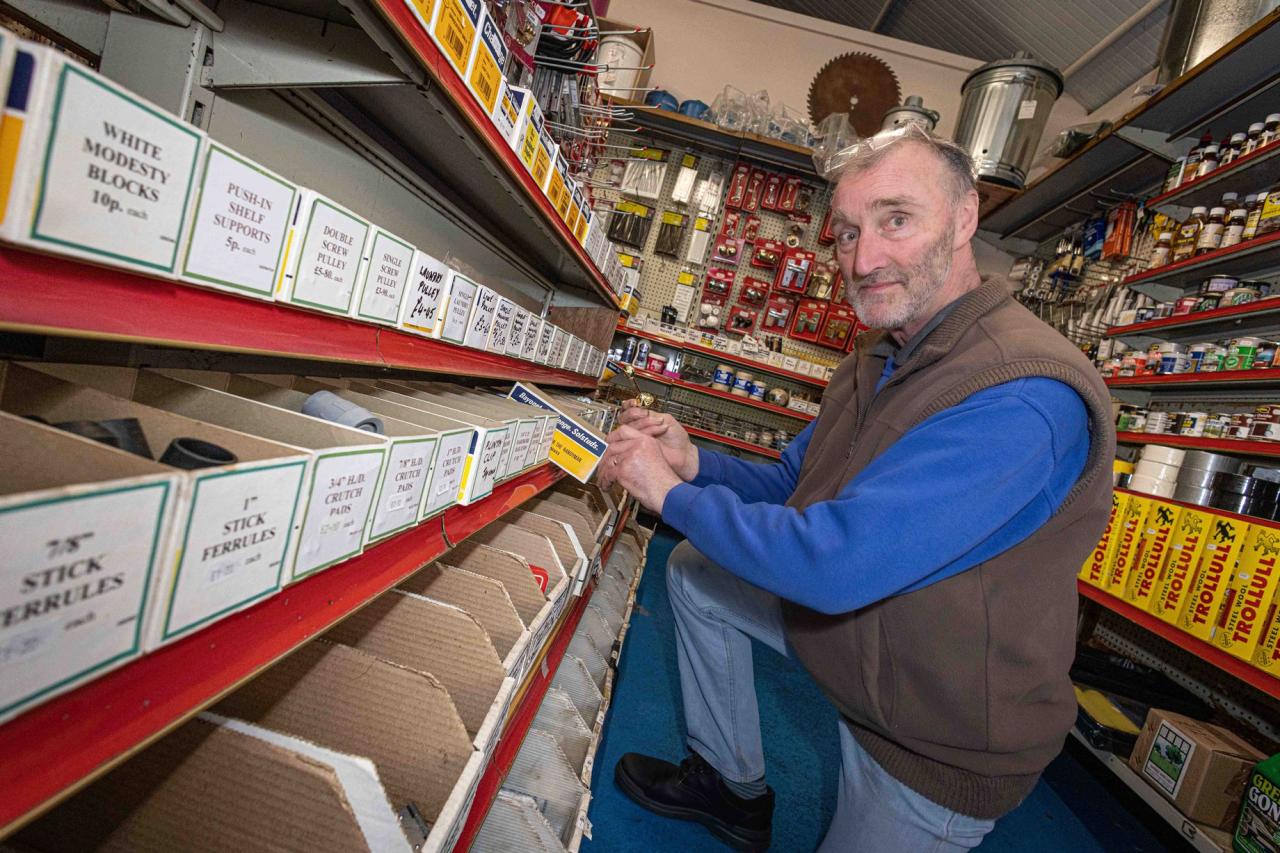The Oldest Shop in Town: A Legacy of Service – The Oldest Shop in Town A Legacy of Service invites you to explore a cherished establishment that has stood the test of time. This shop, rich in history, embodies the spirit of community through its unwavering commitment to service and tradition. From its humble beginnings to its role as a gathering place for local residents, this shop has become a symbol of enduring values and shared memories.

Throughout the years, it has witnessed countless stories and interactions, becoming a living testament to the importance of preserving culture and community ties. Whether it’s the unique products it offers or the stories shared within its walls, this shop continues to thrive as a place where past meets present.
Folklore is a captivating tapestry of stories, traditions, and beliefs that are passed down through generations. It’s not just a collection of fanciful tales; it’s a vital part of the culture and identity of communities around the world. These narratives, often rich in moral lessons and cultural significance, connect people to their heritage and to each other.
The Essence of Folklore
At its core, folklore embodies the collective wisdom and experiences of a community. It comprises various elements including myths, legends, fables, fairy tales, and even proverbs. Each of these components serves a unique purpose, whether it’s to entertain, educate, or preserve the history of a people.
One of the most powerful aspects of folklore is its oral tradition. Storytelling has been a fundamental way for cultures to share knowledge and values before the advent of written language. As families gathered around fires, it was through the art of storytelling that they passed on their heritage, imparted life lessons, and fostered a sense of belonging.
Types of Folklore
Folklore is incredibly diverse, and it varies significantly from one culture to another. Here are some common types:
- Myths: These are traditional stories that usually involve deities or supernatural beings and explain natural phenomena or the origins of a culture.
- Legends: These narratives often take inspiration from historical events or figures, blending fact and fiction. They reflect the values and beliefs of a society.
- Fables: Short stories that convey moral lessons, often featuring animals as characters. A famous example is Aesop’s Fables, which teach valuable life lessons.
- Fairy Tales: These are imaginative stories that often involve magical creatures and fantastical elements, teaching morals and values through adventure.
- Folktales: These are traditional stories that may reflect the social customs, practices, and beliefs of a community, often featuring common people in relatable situations.
Folklore Around the World: The Oldest Shop In Town: A Legacy Of Service
Every culture has its unique folklore, and exploring these stories can be a delightful journey. Let’s take a look at a few fascinating examples:
1. The Aboriginal Dreamtime Stories (Australia)
In Aboriginal culture, Dreamtime stories explain the creation of the world and the laws of nature. These stories are deeply spiritual and reflect the connection between the people and their land. They often include characters like the Rainbow Serpent, a powerful figure who created rivers and landscapes, embodying the relationship between the environment and the community.
2. The Brothers Grimm (Germany)
The Brothers Grimm are perhaps among the most famous collectors of European folktales. Their compilation, “Grimm’s Fairy Tales,” includes classics such as “Hansel and Gretel” and “Cinderella.” These stories, although often sanitized for children today, originally contained darker themes and moral complexities, illustrating the struggles of human nature.
3. Anansi Tales (West Africa), The Oldest Shop in Town: A Legacy of Service
Originating from the Akan people of Ghana, Anansi tales feature a clever spider who uses his wit to outsmart other animals. These stories serve to entertain while imparting lessons about cunning and intelligence, emphasizing that wisdom can sometimes be more powerful than brute strength.

The Role of Folklore in Modern Society
Folklore continues to play a vital role in contemporary culture. It influences literature, film, and art, providing inspiration for modern storytelling. Many authors, filmmakers, and artists draw upon folklore to create new works, blending traditional elements with contemporary themes.
Additionally, folklore serves as a way to preserve cultural identities in an increasingly globalized world. Communities are recognizing the importance of their unique stories and traditions, working to keep them alive through festivals, storytelling events, and educational programs.
How to Engage with Folklore
For those interested in exploring folklore, there are numerous ways to engage:
- Read Folktales: Dive into anthologies of local and global folklore. Each story offers a glimpse into the values and beliefs of the culture it represents.
- Attend Storytelling Events: Many communities host storytelling festivals where you can listen to traditional tales told by skilled narrators.
- Participate in Cultural Festivals: Celebrating cultural diversity through festivals can provide insight into the folklore of different communities.
- Conduct Interviews: Speak with elders in your community to learn about their experiences and the folklore they grew up with.
- Share Your Own Stories: Folklore is not only about the past; it’s also about the present. Share your stories and traditions with others to contribute to the living tapestry of folklore.
Conclusion
Folklore is a treasure trove of wisdom, creativity, and human experience. It connects us to our roots, our communities, and one another. By exploring and engaging with folklore, we enrich our understanding of the world and the shared narratives that unite us across cultures. So, take a step into the enchanting world of folklore, and let the stories inspire you!
Questions Often Asked
What makes The Oldest Shop in Town unique?
Its rich history and connection to the community make it a one-of-a-kind establishment.
How has the shop evolved over the years?
The shop has adapted to changing times while maintaining its core values and traditions.
What types of products does the shop offer?
The shop offers a variety of local goods and unique items that reflect the area’s culture.
How can I support The Oldest Shop in Town?
Support can be shown by visiting, purchasing items, and sharing its story with others.
Are there events held at the shop?
Yes, the shop hosts events that celebrate local culture and community engagement.
Tinggalkan Balasan